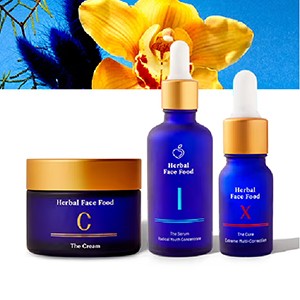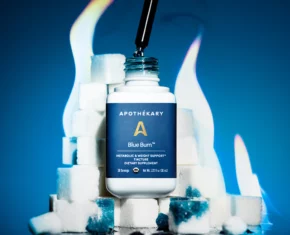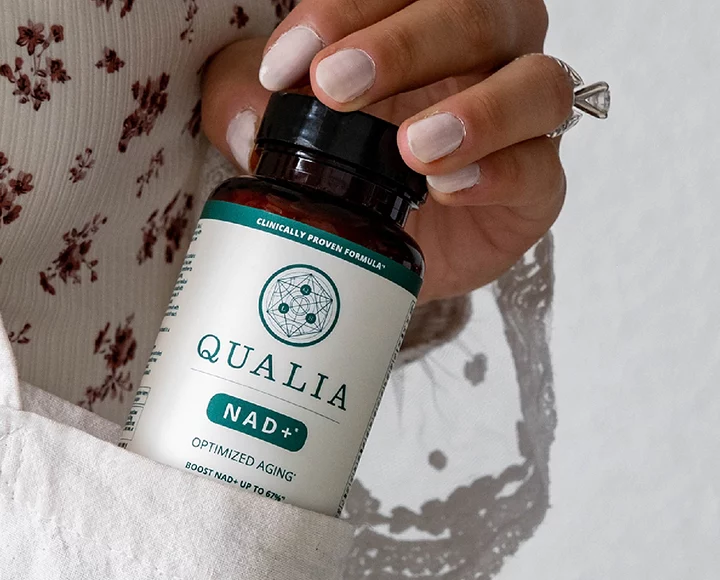Did you know there was a fruit even more alkalizing than lemon? Got your attention now. This traditional Japanese snack, the umeboshi plum, has finally fallen into the spotlight for it’s incredibly alkalizing effects. These little plums provide intense flavor and an equally substantial punch of health benefits, making them a new staple in our wellness pantry.
What you should Know: Umeboshi plums, or pickled ume plums, are an Asian superfood prized for their alkalizing benefits. They have been consumed in Japan, China and Korea for centuries, both as a culinary staple and common medicinal remedy, containing sour, salty and sweet flavors and helping to combat fatigue, stimulate digestion, and promote the elimination of toxins.
Traditionally, umeboshis are dried and then preserved in a salty brine using shiso leaves, that have many health benefits themselves and contribute to some of the anti-microbial components of this superfood. Adding to the list of benefits, umeboshi plums are good sources of iron, thiamin, potassium and riboflavin – all essential for the proper functionality of the immune system, nervous system, metabolism and digestion. Umeboshis are said to have been eaten by the samurai before and after battle to keep their stamina up and heal in-between. Today, they are still consumed for their health benefits and additionally add that pop of sour, sweet and salty flavors that is inherent in traditional Asian cuisine.
Why you should try it: 1000 years ago in ancient Japan, umeboshi plums were used to purify water and treat typhoid and dysentery. Today, this superfood is still valued as a potent digestion stimulant, promoting the elimination of toxins and erasing fatigue. Just sucking on an umeboshi plum can help to settle a stomach or headache. Loaded with antioxidant content, one a day can help to improve your immunity and help keep colds away. Umeboshis have been used to effectively treat symptoms of fatigue, infection, colds, vomiting, diarrhea and dysentery, alcohol poisoning and hangovers, liver toxicity and prevent the oxidation of cells.
Umeboshis have an extremely concentrated acidic, tart flavor, and like lemons, they have an amazingly alkalizing effect on the body. In their extracted versions, these potent superfoods contain 25 times the citric acid content of lemon juice. The Standard American Diet (SAD) is high in acid-producing, refined foods, like sugars and red meat, which produce inflammation and contribute to fatigue and digestive issues as well potential chronic diseases over time. By adding alkalizing foods to our diets like the umeboshi, we can help to restore balance and alkalize the body, reverse chronic disease or simply relieve a simple headache or cold symptoms.
Let’s Get together: The addition of umeboshis to you diet may seem a little misplaced at first, but they are actually pretty easy to incorporate. Here are some easy ways to do so:
– An easy and natural opportunity to use this superfood is by adding umeboshis to your rice dishes as either a condiment or including them into the cooking water.
– Try eating an umeboshi before breakfast every morning, paired with your lemon water to help promote detoxification and provide your body with energy for the day.
– Eat one before every meal to help stimulate digestion and reduce acidifying properties of the foods you are eating. Or, make a tea by soaking the plums in hot water.
– Try eating a couple umeboshis before and after a night of partying or traveling to combat hangovers and jet lag.
– The plums are also found in a paste form which can easily be added into sauces, and soups as a great pop of flavor. The paste is also great in sushi, and may even help prevent food poisoning if you happen to eat a piece of bad fish.
– Because of its unique and intense umami flavor, umeboshi vinegar is a great vegan substitute for fish sauce.
Final tip: Read the ingredients when sourcing umeboshi plums. Traditionally they are created by lactic fermentation using only the plums, shiso leaves and salt, but it is common to find artificial dyes and preservatives among their listed ingredients. We recommend using Eden Foods, whose umeboshis are still produced using traditional techniques.












